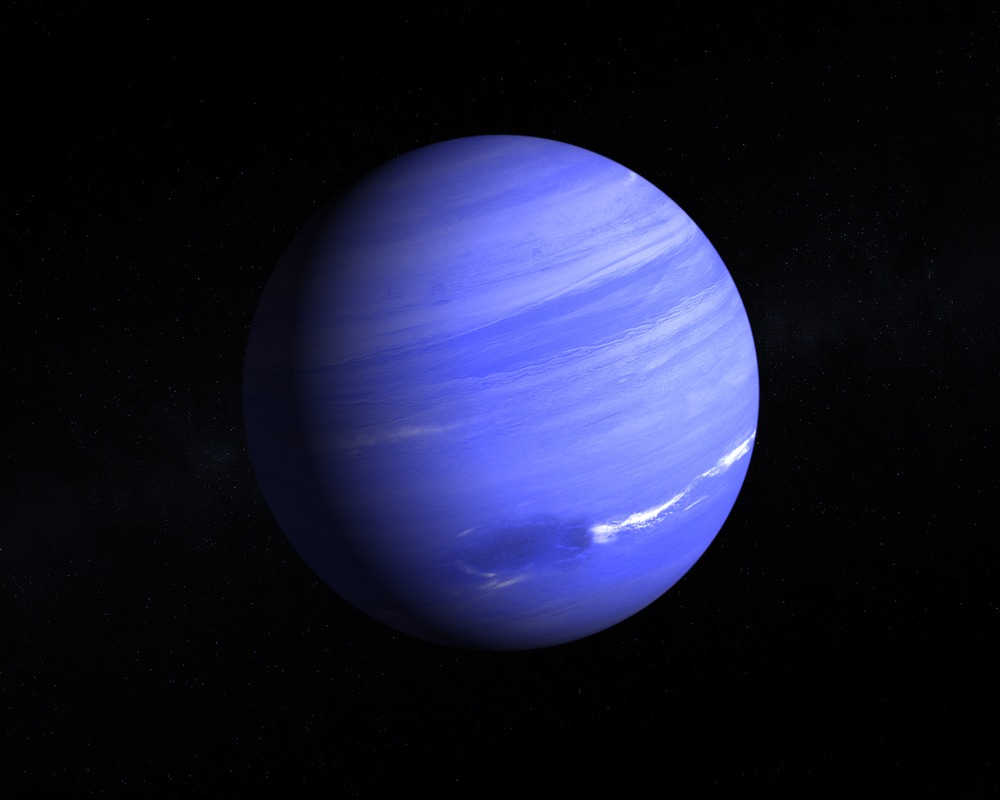Science News Explores presents a study by astronomers at Harvard University, revealing Neptune’s mysterious cloud behavior linked to the solar cycle. Uncover the sun’s influence on Neptune’s atmospheric chemistry and potential insights for exoplanet research.
This article from Science News Explores unveils groundbreaking research by astronomers at Harvard University, shedding light on the correlation between Neptune’s cloud cover and the solar cycle. It delves into the intriguing findings that suggest a solar-driven mechanism influencing Neptune’s atmospheric dynamics.
Neptune possesses one of the most active atmospheres in the solar system, characterized by intense winds and rapidly changing weather phenomena, which intrigued researchers like Erandi Chavez from Harvard University.
In early 2020, anomalous observations revealed a peculiar absence of cloud cover between Neptune’s equator and poles. This unusual occurrence prompted astronomers to investigate further, examining nearly 30 years’ worth of images captured by telescopes to assess cloud brightness and distribution.
The study, published in the November issue of Icarus, suggests a correlation between the sun’s varying light intensity, occurring in 11 to 13-year cycles, and fluctuations in Neptune’s cloudiness. Researchers theorize that solar-driven chemical reactions in Neptune’s atmosphere, particularly involving hydrocarbons like methane, might play a role in cloud formation.
While sunlight explains a portion of Neptune’s cloud activity, some fluctuations remain unexplained, hinting at the complexity of atmospheric processes on the distant planet.
The research on Neptune’s atmospheric dynamics raises intriguing possibilities for exoplanet exploration, encouraging contemplation about the potential presence of clouds and storms on planets orbiting other stars.
The study’s revelations about Neptune’s cloud behavior elucidate the influence of the solar cycle on the planet’s atmospheric chemistry, underscoring the complexities of celestial bodies’ interactions with solar radiation.
Understanding Neptune’s cloud dynamics not only provides insights into the mechanisms at play within our solar system’s farthest planet but also opens doors for imagining similar atmospheric phenomena on exoplanets, expanding the scope of astronomical research.
The research’s implications highlight the intricate relationship between solar activity and Neptune’s atmospheric behavior, paving the way for broader inquiries into celestial bodies’ atmospheric dynamics within and beyond our solar system.
The study on Neptune’s clouds reveals tantalizing connections to the solar cycle, offering a glimpse into the complex interplay between distant planets and solar influences, igniting curiosity about the atmospheric mysteries across the cosmos.
Research based on materials from Science News Explores



